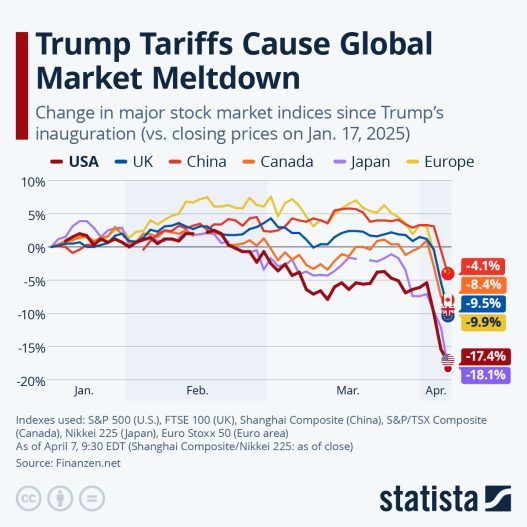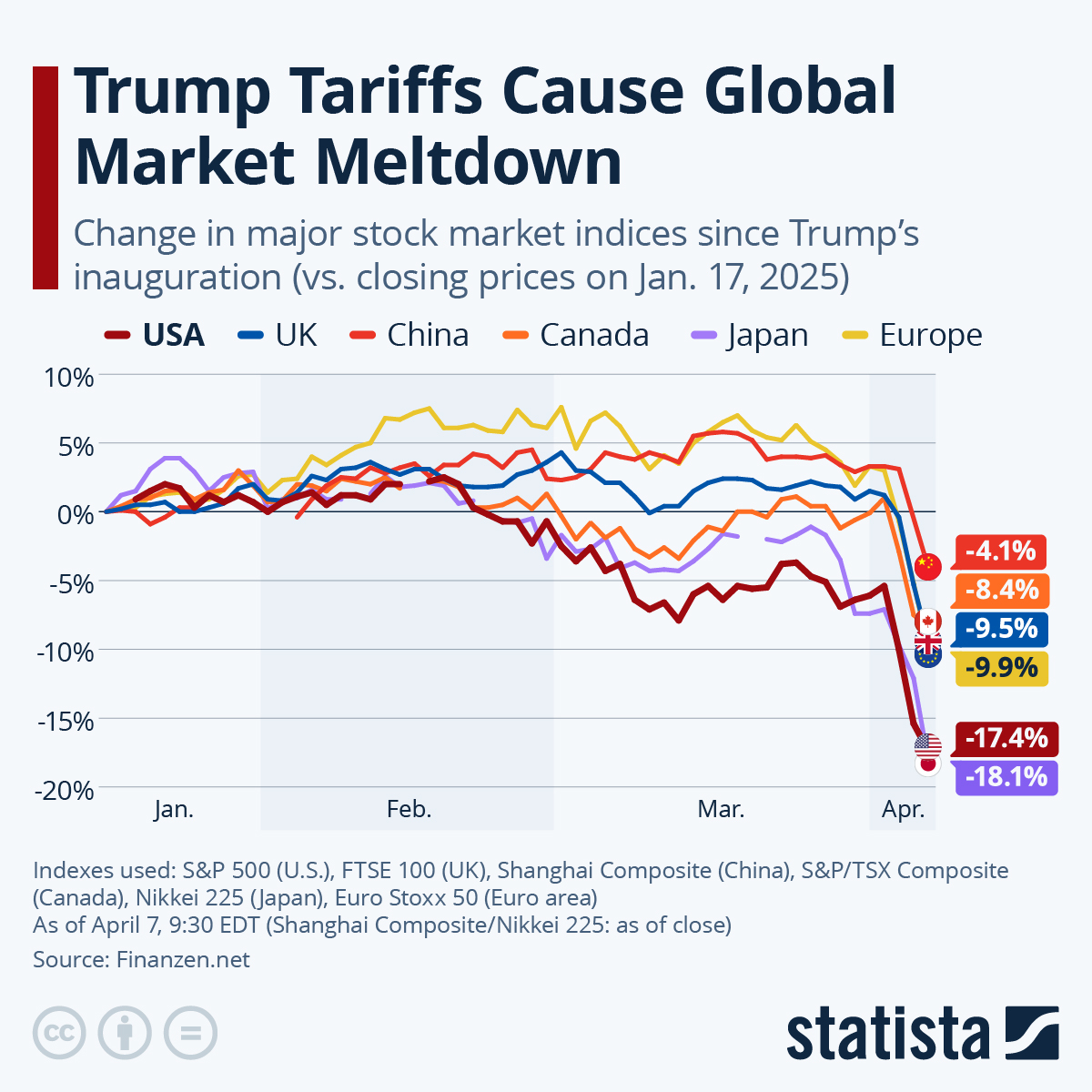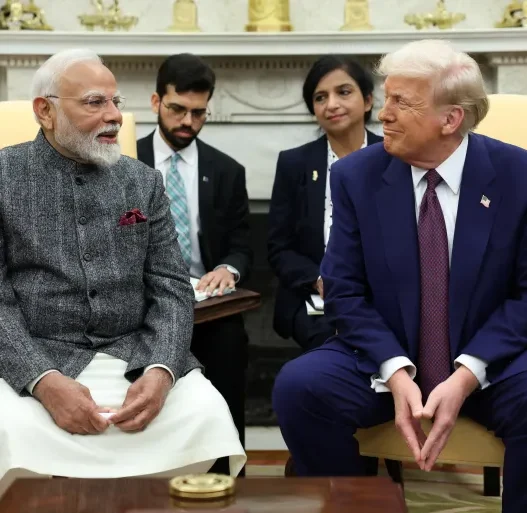President Trump has just sent new ripples through global markets by delaying the start of sweeping import tariffs until August 7, injecting fresh uncertainty into trade and policy circles.
Quick Take: What was supposed to be a hard deadline is now optional: Trump pushed back tariff deadlines while he recalibrates deals with trading partners, but markets and consumers are already feeling the pressure.
Around the world, businesses, consumers, and political leaders remain on edge. While some countries—including parts of the EU, Japan, Taiwan, and Switzerland—secured favorable terms, others now face tariffs as high as 39% or 50% on certain goods. Average U.S. import tax rates have soared to 18–22%, levels unseen since the early 1900s.
This latest trade maneuver builds on earlier “reciprocal” and sector-based tariffs aimed at boosting U.S. production and shrinking trade deficits. Yet economists argue these moves likely mean higher prices for American households, projected to cost over $2,400 per year in basic goods like clothing, food, and electronics.
The move also revives debates over executive trade powers. A federal appeals court recently ruled that Trump’s so-called “Liberation Day” tariffs exceeded his emergency authority, setting up a legal showdown over whether unilateral tariff declarations remain constitutional.
Even as officials claim new global trade deals—like those with the EU—reflect success, critics warn: without clarity or binding agreements, businesses face unpredictable policy swings, and Americans bear the cost.
President Trump remains defiant, calling the tariffs essential to rebuilding U.S. manufacturing. But with employment and economic growth showing early signs of slowing, the gamble could cost him political capital—and consumers plenty.
Why This Matters
- Markets are reacting: U.S. stocks and global markets have staged volatile swings as tariff rollout plans shift.
- Consumer hardship looms: Every corner store brace for price hikes—especially on goods from tariff-heavy origins.
- Legal stakes rising: Courts are challenging Trump’s authority to enact unilateral trade emergencies without Congress.
- Trade diplomacy under strain: Nations may negotiate to eliminate tariffs—but the terms remain murky at best.
What’s Next?
Expect legal challenges, more congressional backlash via the Trade Review Act, and possible rebate policies to offset tariff costs tied to midterm election cycles. Either way, the tariff fight has entered a new, unpredictable chapter.





















